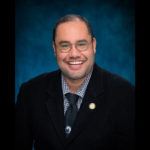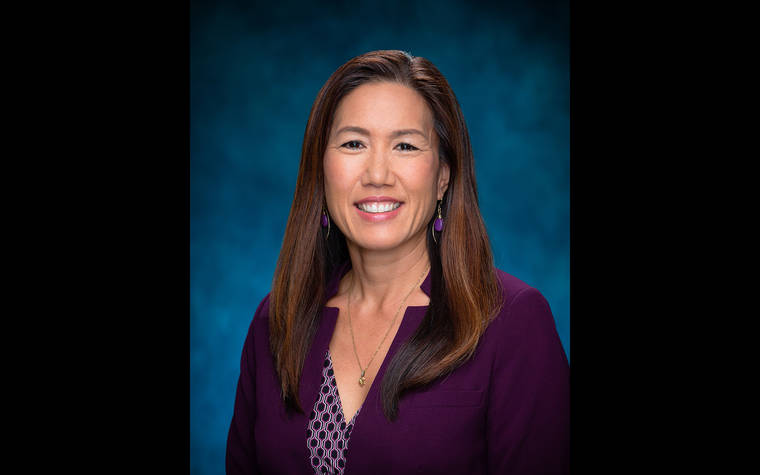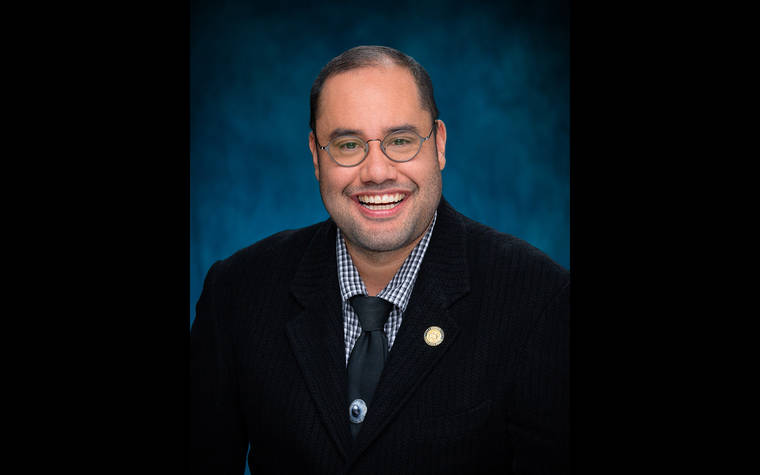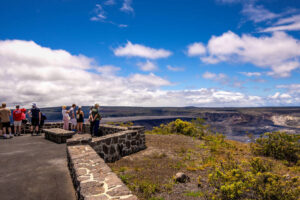Correcttion 2-12-20, 1:40 p.m.: An earlier version of this story incorrectly characterized that Sen. Donavan Dela Cruz’s amendments to Senate Bill 1321. The Tribune-Herald regrets the error.
The Senate Committee on Hawaiian Affairs took testimony for nearly two hours Thursday about a bill that would authorize construction of a casino on Department of Hawaiian Homes Land near Kapolei, Oahu.
In the end, however, Sen. Maile Shimabukuro, a leeward Oahu Democrat, decided to reconvene at 1 p.m. Tuesday to consider amendments proposed by Sen. Donovan Dela Cruz, the Ways and Means Committee chairman, to give the Hawaiian Homes Commission until Dec. 31, 2026 “to conduct beneficiary consultation, exercise due diligence, and enter into a development agreement or issue a general lease.”
It also removes any mention of a casino, per se, but would authorize the Hawaiian Homes Commission to decide if they wish to allow any gaming facilities — including but not limited to bingo, lottery, horse tracks and the like — on their land.
Dela Cruz’s amendments also include a provision that stipulates Native American tribes wanting to explore gaming facilities in Hawaii would have to demonstrate “historical ties” to the land and receive approval from the governor.
The first draft of amended Senate Bill 1321 will be posted on the Legislature’s website prior to the Tuesday hearing, Shimabukuro said.
If passed into law, the bill would require a super majority of two-thirds of the nine-member Hawaiian Homes Commission to approve any casino gaming facility.
DHHL Deputy Director Tyler Gomes authored the original bill which was presented to the Legislature after a 5-4 vote of the Hawaiian Homes Commission in November. Commission Chair William Aila Jr., who also is the DHHL director, cast the deciding vote.
The Hawaiian Affairs Committee received 346 pages of written testimony about the bill prior to Thursday’s hearing. Shimabukuro said 209 submissions were opposed to the bill for an integrated resort and casino, 36 were in support, and six provided comments without taking a position.
Shimabukuro said she also received a petition with about 15,600 individuals opposed to the development of a casino. The petition was circulated by Sen. Kurt Fevella, the Senate’s lone Republican and the body’s minority leader.
Fevella represents Ewa Beach, which is near the proposed casino site. He questioned whether Aila, in his dual role as Hawaiian Homes Commission chairman, should’ve voted on the proposal. Aila replied he didn’t see any conflict in doing so.
Aila said in a statement he supports the amendments to the bill.
“If successful, this measure would empower the Hawaiian Homes Commission with the self-determination and authority to determine if gaming is an effective solution to decades of funding shortfalls,” he said. “The five-year window also allows for further due diligence and beneficiary consultation on this initiative.
“In the end, this effort is about creating a consistent source of funding in order to develop homestead lots.”
Much of the in-person testimony Thursday mirrored that heard on Feb. 5 about House Bill 359, a companion measure shelved by the Committee on Economic Development.
In addition, at a Wednesday hearing of the House Committee on Economic Development, three other gambling-related bills were deferred by the chairman, Rep. Sean Quinlan, an Oahu Democrat.
One was HB 772 — introduced by Rep. John Mizuno, an Oahu Democrat — which would establish a standalone casino without a hotel in Waikiki,. The bill generated written testimony in overwhelming opposition, including from Honolulu Police Chief Susan Ballard and Mike McCartney, the Department of Business, Economic Development and Tourism director.
Also deferred were a pair of measures introduced by Rep. Chris Todd, a Hilo Democrat.
HB 383 would have established a state Poker Commission to license live poker rooms in the state. Quinlan called the measure “a little bit messy” and said it “needs a little more work … and would require some more safeguards” before it could be moved out of committee.
Quinlan said HB 736, which would have started a pilot program to license businesses in the state to operate digital sports betting platforms, is something “I am a little more comfortable with, but I’m still going to defer it.”
“I think it’s something that we really need to look at over time, especially as people’s usage habits change,” he added. “And with the ubiquity of cellphones, I would like to see the state get its fair share from all the wagering that is being done by our residents.”
Todd said he’d hoped “this would be the year that we’d be more open to some of those proposals, particularly for the sports betting bill.”
“It’s something that people are already doing within the state, but are also already doing on their phones through various apps,” Todd said. “So, this would be an opportunity to capture revenue that is currently leaving the state. But I think we’ll circle back to it.
“To me, it’s a low-impact way of introducing gambling to the state — if we are going to approach it — similar to a lottery. It doesn’t come with a lot of the social ills that we typically associate with legalized gambling.”
Email John Burnett at jburnett@hawaiitribune-herald.com.









